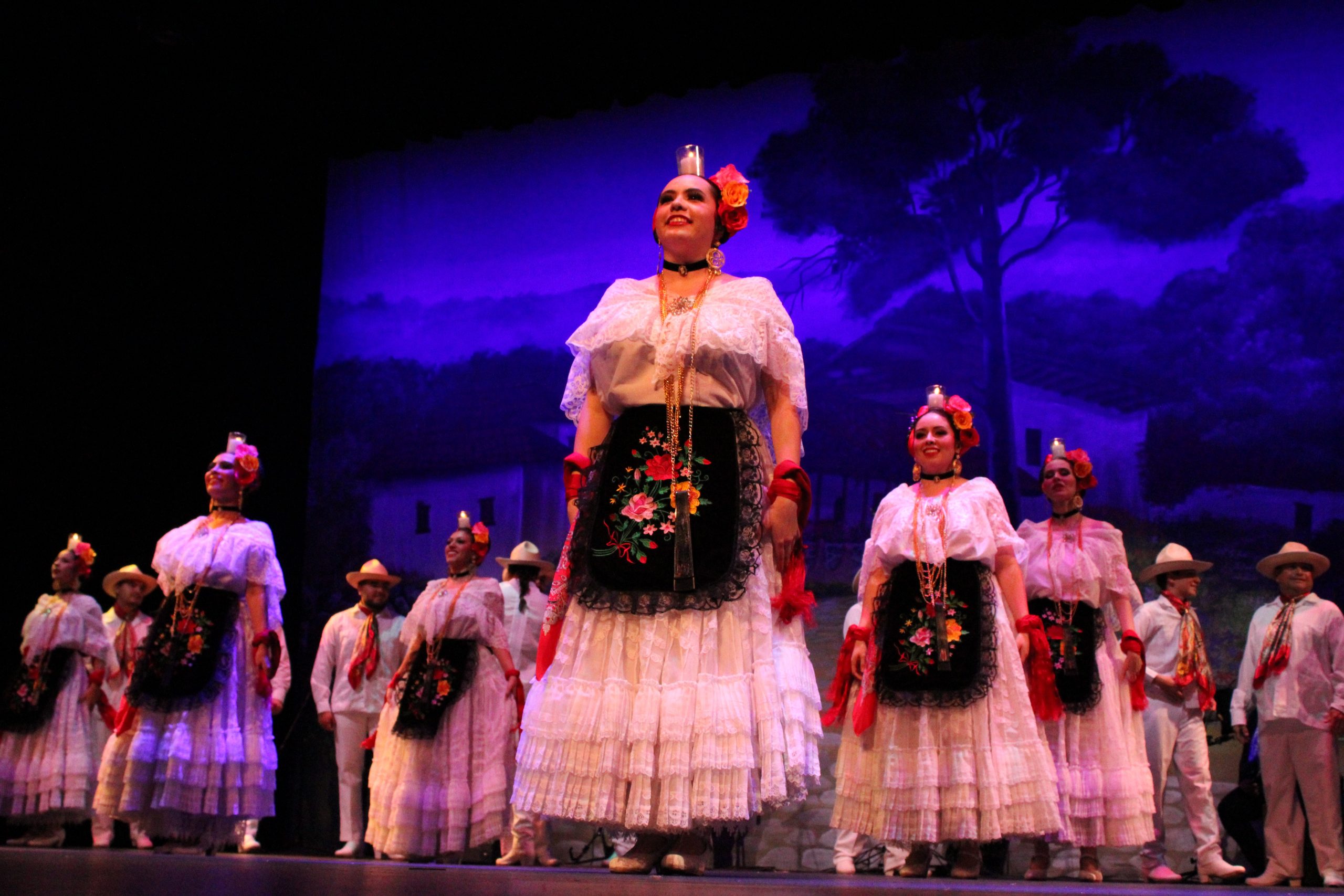
- Corpus Christi residents march through downtown in support of marriage equality
Sarah Adams / Staff writer
On Sunday March 3 activists and members of the LGBT led a march of over 200 people down Shoreline to the People’s St. T-head in pursuit to raise awareness for equal rights. According to a press release from Equality Texas, on February 11, State Senator Juan “Chuy” Hinojosa of McAllen filed legislation to partially repeal Texas’ “Defense of Marriage Act” or DOMA.
Under DOMA, marriage and civil unions are denied to same-sex couples. The new legislation introduced would allow the same liberties to same-sex couples as heterosexual couples such as property rights, homestead rights, child custody and support, group insurance for state employees and workers’ compensation benefits. The bill depends widely on voter representation; it will not pass without community support.
In 2003, the U.S. Supreme Court struck down a Texas law concerning sodomy, saying that sexual acts between two consensual adults was a liberty protected under the 14th Amendment. Although this law was struck down, the statute has not been removed from the Texas Penal Code and Texas is one of four other states where unenforceable laws applying only to same-sex sexual acts have not yet been repealed.
The Supreme Court will go to session in June to review California’s Proposition 8 which will allow the justices to decide whether the U.S. Constitution’s guarantee of equal protection means that the right to marriage cannot be limited to heterosexuals.
Until September 2011, gays and lesbians could not be open about their sexual orientation in the military nor could superiors inquire about sexual orientation. With the signing of a certification to Congress from president Barack Obama, Secretary of Defense Leon Panetta and Chairman of the Joint Chiefs of Staff Admiral Mike Mullen, the “Don’t Ask, Don’t Tell” regulation was officially repealed September 20, 2011.
With the combination of support from both the Supreme Court and the military, the country’s priorities are beginning to shift towards equality. That equality is the driving force behind activists and elected officials focusing on a seemingly trivial issue. Besides legislature, community representation will also be a substantial factor in the push for equality.
Erika Galindo, an English major at TAMUCC and a partner of the Gay-Straight Alliance, helped organize the Corpus Christi 2013 Marriage Equality March and Rally.
This was the second equality march in Corpus Christi with the first one being held in 2011. Galindo said she hopes to hold the march annually, growing in numbers and supporters. The organization was not too difficult, Galindo said, “with the help of Facebook, the message kind of spread itself.”
She said that the more the message is spread, whether it’s through Facebook or word of mouth, the more people can be reached and the more minds can be changed.
“We [activists] all understand this is a joyous event, but the march is not just a celebration, it is more of a request for demand of action for an end to second-class citizenship,” said Galindo.
Adding to the energy of equalization, the Senate revised the bill and added protections for members of the Lesbian, Gay, Bisexual and Transgender (LGBT) Community to the Violence Against Women Act and granted Native American tribal authorities the power to prosecute non-Indians for abuse committed on tribal lands. President Barack Obama signed the bill into law March 7.
Currently, Texas defines marriage as “an act between a woman and a man” but the march pushes on for new definitions of conventional traditions.




